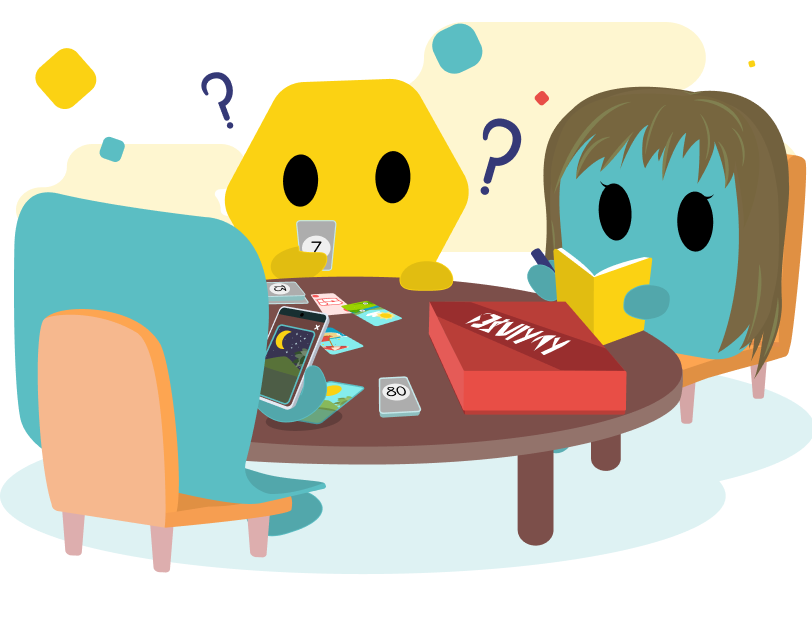- Project
- Completed
Examining the digital in hybrid board games

Melissa Rogerson Senior Lecturer in Human-Computer Interactions
Melissa Rogerson is a Senior Lecturer at the School of Computing and Information Systems of the University of Melbourne, Australia. She dedicated her PhD studies to examining the experience of modern board game enthusiasts. She is particularly interested in the hybridization and digitization of board games and their effects on players. Melissa has also worked in the gaming industry as a game German-to-English translator.
For more information: www.melissarogerson.com
-
Project start date :
2019/09/02 -
Status :
Completed -
Research organization :
School of Computing and Information Systems, University of Melbourne -
Team :
Prof. Martin Gibbs and Dr Lucy Sparow (University of Melbourne)
In 2019, Game in Lab selected Dr Melissa Rogerson’s research project as part of its first call for projects to study hybrid board games, i.e. to examine the use of digital technologies to enhance, support and extend the diversity of physical board games. This project established a theoretical classification model for the digital functions of hybrid games.
Project overview
A growing number of commercial board games are incorporating digital technologies to create “hybrid” games that combine physical play with a digital application. This project aims to understand how the creation of hybrid board games expands and supports the diversity of commercial board games. Therefore, it seeks to identify innovative and creative uses of digital technologies in games, classify the functions that these technologies perform in the game, determine opportunities to improve board games through digital technologies, consider player preferences, industry objectives and possibilities for new interaction techniques.

Methodology
Four studies are conducted in this project:
- The first is an online survey exploring the attitudes of players, designers and professionals in the game industry toward hybrid games.
- The second is based on interviews with game industry professionals.
- The third corresponds to the analysis of hybrid game sessions organized by researchers.
- The fourth identifies the functions of digital technologies in the game using the card sorting method.
Outcomes
The various analyses define the Hybrid Digital Boardgame Model, a theoretical model grouping 41 functions of digital technologies used in board games, and categorizing them according to eight areas: teaching, calculating, Remembering, Storytelling, Timing, Randomizing, Housekeeping, Informing.
